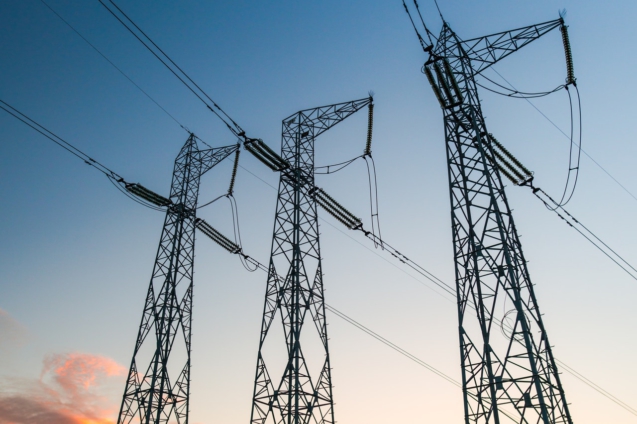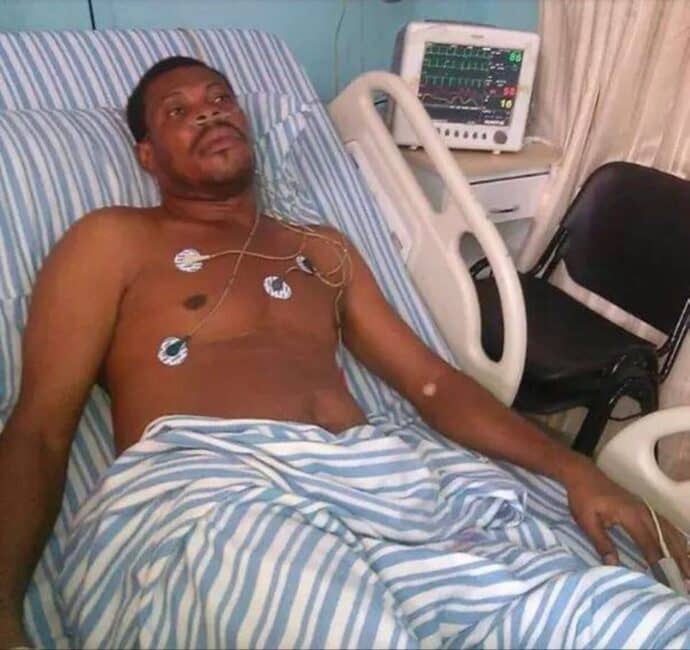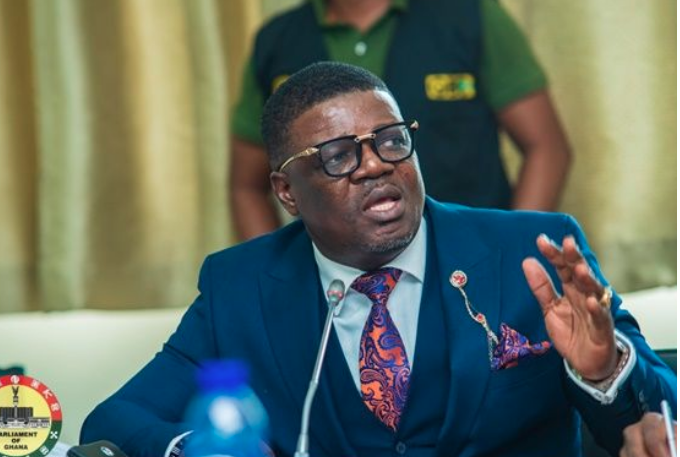The Independent Power Producers (IPPs) have expressed dissatisfaction with the recent 1.52 percent reduction in electricity tariffs announced by the Public Utilities Regulatory Commission (PURC).
The IPPs argue that the reduction may adversely impact the debt restructuring efforts of the Electricity Company of Ghana (ECG), making it challenging for them to meet their financial obligations
Elikplim Akpetorgbor, the President of the IPPs, emphasized the financial strain faced by the sector and raised concerns about the feasibility of restructuring debts in the face of a tariff reduction.
“We are on life support and cannot guarantee continuity. If you give us a haircut, say a 30% or 40% reduction, who is going to pay our debts for us?”
“The debt in question is not our savings, it’s not our profit. So it is impossible to restructure it.”
Meanwhile, PURC has defended the tariff reduction, citing factors such as a reduction in inflation, a stable exchange rate, and increased hydro and gas production.
The Director of Research and Corporate Affairs, Dr. Eric Obutey, said the production of more gas and hydro also pushed the tariff down.
“The downward review was necessitated by four factors: the generation mix, where we now use more hydro compared to thermal. Hydro now accounts for about 31.9%, and thermal is about 68%.”
“We have a downward trend in inflation, which has dipped by about 3.6%, and we also have fuel prices, which have gone down by about 5.9%. So if you put it all together, these factors necessitated the downward trend in electricity prices,” Dr. Eric Obutey explained.
In its fourth-quarter tariff review for 2023, the Public Utilities Regulatory Commission (PURC) disclosed adjustments, including a 0.34% rise in water tariffs and a 1.52% reduction in electricity tariffs scheduled to come into effect on December 1, 2023.
For residential customers, the water tariff increased from GHS/m³ 4.72 to 4.74, while non-residential customers experienced an adjustment from GHS/m³ 14.13 to 14.19.







